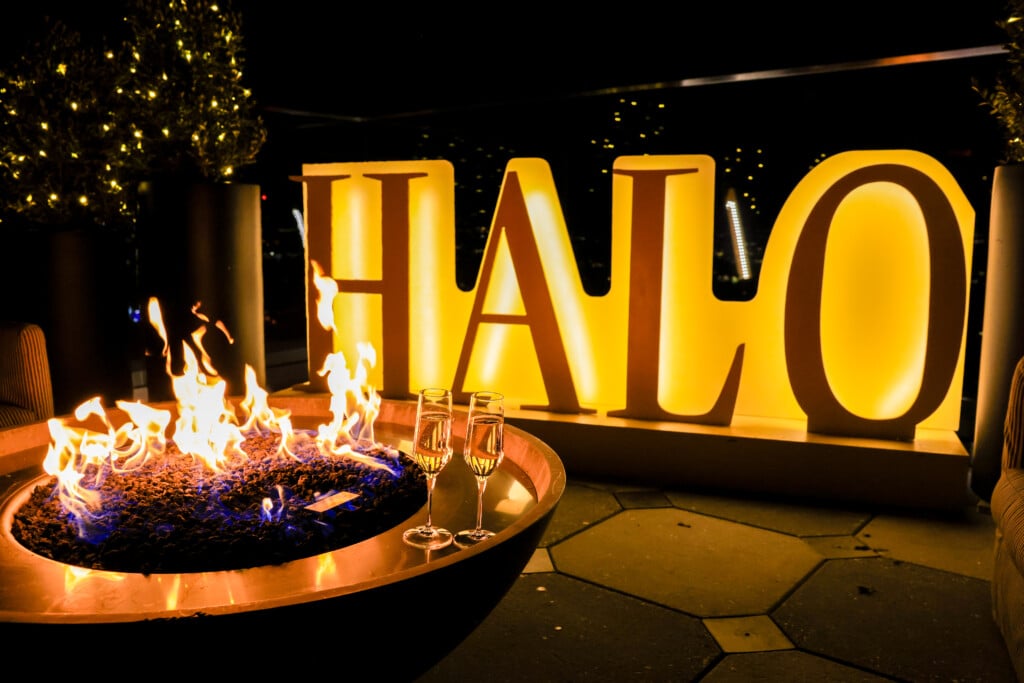Nonprofit Built To Prevent Loss Of Local Food Cultures And Traditions
The Slow Food movement, a volunteer-run organization, combats industrialized food systems and prioritizes good clean food
In 1986, Colorado (along with the rest of the nation) was enthusiastic for all things fast—microwave ovens, race cars, quick fashion and food. At the same moment, a slow movement began in Italy that would intersect Colorado in 2001, resulting in one of the most authentic and thoughtful food trends in the region.
The Slow Food movement was born in protest, disgust and cultural shock when McDonalds’ golden arches appeared near the Spanish Steps in Rome. By 1989, it was a global movement to prevent the disappearance of local food cultures and traditions, counteract the rise of fast life and combat people’s dwindling interest in the food they eat.
In 2001, Denver landed its first Slow Food chapter.
“It was a volunteer-run organization that wanted to combat industrialized food systems,” explains Lilly Steirer, director of Slow Food Denver. A quarter-century later, Slow Food Denver has multiple initiatives that include youth education, workshops, farm dinners and the Snail of Approval—eateries and beverage outlets vetted by Slow Food Denver that emphasize and prioritize good, clean and fair food for all.
“We have Haykin Family Cidery as a Snail of Approval awardee that sources apples from ancient trees that would be at threat of extinction if not utilized. Bringing our Snail of Approval awardees together through the Snail Trail passport showcases how these organizations walk the talk when it comes to sustainable food while offering coupons to encourage more diners to visit and support them,” notes Steirer.
“We love working with Slow Food Denver because their values and ours are completely aligned. We have had a blast co-hosting workshops and learning from Slow Food Denver. We wear our stamp of approval like a badge of honor!”
—Allison Rifkin, The Green Collective
Through education and exposure to the rhythm and components of what it takes to utilize slow food, Denverites have not only embraced the principles of the movement but also yearned for more outlets to help build a sustainable and appreciative food system in their own homes. In response, Denver Slow Food grew to three paid employees, three part- time employees and 15 instructors. Slow Food Denver is also expanding its professional opportunities, and interested parties can volunteer for the Seed to Plate classes or local garden workdays.
Want to embrace slowing down and tasting the difference? Look for the Snail of Approval from the 2024 Slow Food recipients. These organizations display the official Slow Food Denver Snail of Approval notice, signifying a vetted list of responsible providers.
“It has been incredibly rewarding to watch the Snail of Approval program grow,” says Steirer. “We are not only giving them a stamp of approval, but we are also looking for ways to partner and create lasting relationships to uplift the important work they’re doing. For example, since awarding Convivio Café, a local Guatemala-inspired cafe, we’ve shared their events online and in our newsletter, welcomed them into a panel discussion, and they have hosted events for our community.”
Julie Bielenberg lives in the Roaring Fork Valley of Colorado with her three children, husband and dogs and is always in search of an interesting harvest or foraged delights. She has contributed articles to Newsweek, Cowboys & Indians, Fodor’s Travel, Spoke + Blossom, Island Soul, Colorado Expression and more.












